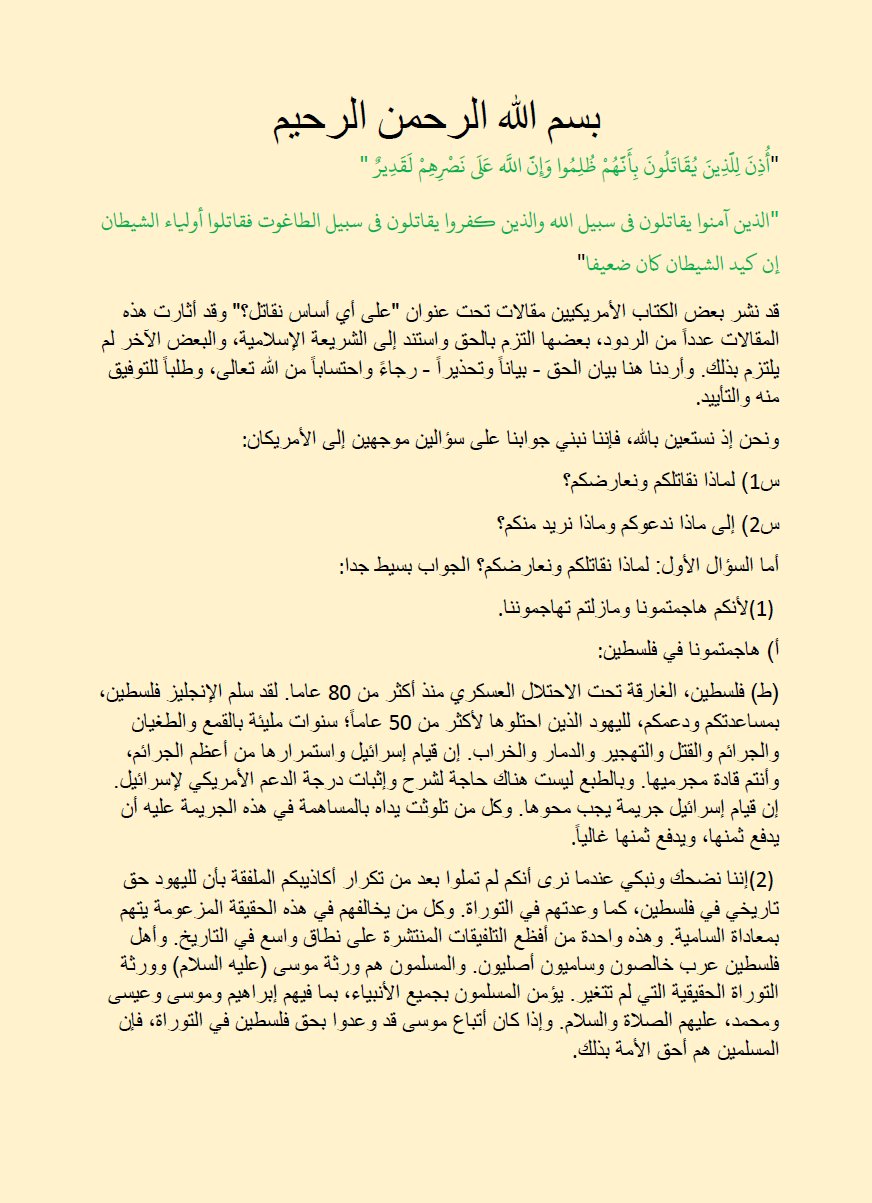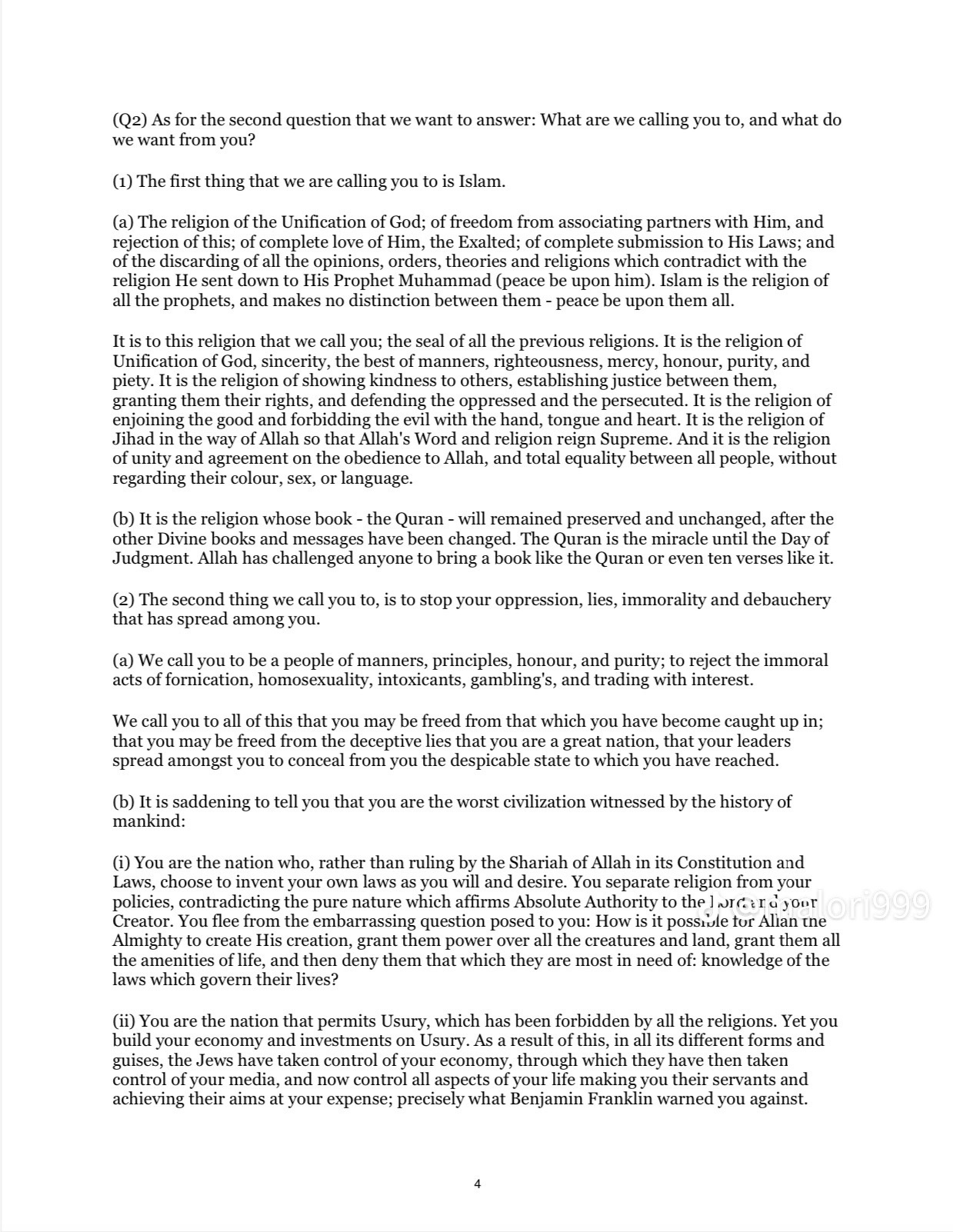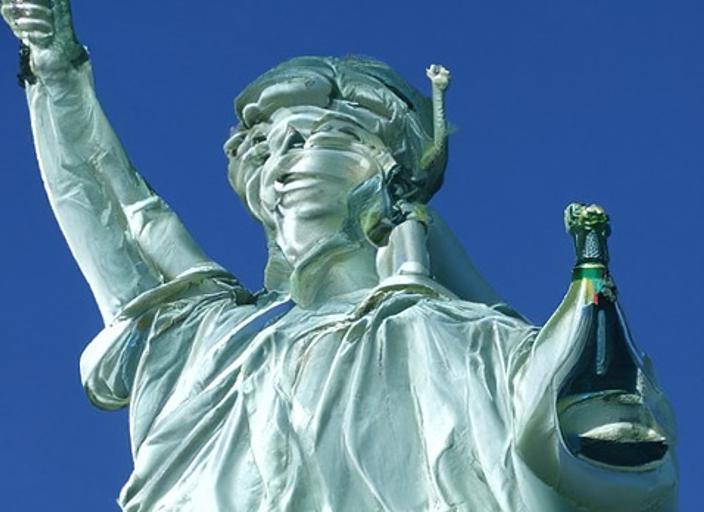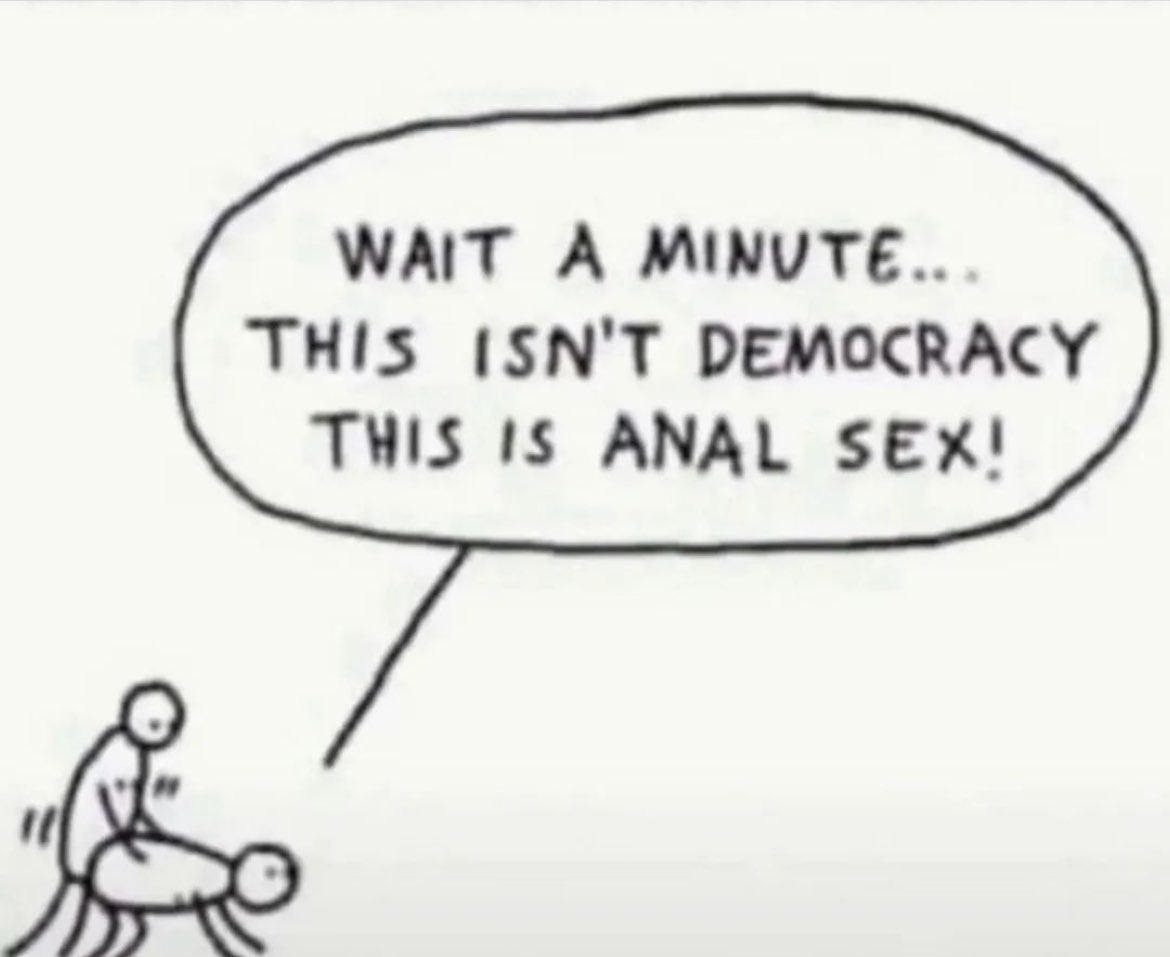The establishment elites and regime apologists routinely accuse their political opponents as being a threat to “our democracy”. What does our democracy look like?
Democracy is disempowerment. It directs public activism to elections as the means of exercising power, concentrating power in elected representatives. They want to channel people’s energy into voting as the method to enact political change. They want to manufacture consent of the governed, acceptance of a mythical social contract, and lend legitimacy to a representative government. Institutions are erected to concentrate power and control into the chosen few, while diffusing the cost over the many, who are subjects to being ruled over (administratively, legislatively, and judicially).
Democracy is controlled opposition. Once the public is convinced that voting is their most important channel for enacting change, then elections can be controlled via ballot access. The nomination process to become an election candidate is designed by the party elites. It is an oligarchical establishment controlled system, where big money, big influence, and big crony interests dominate the party leadership. Primary elections are openly rigged, as the party Rules Committee routinely tilts the playing field to favor their preferred candidate and disfavor dissidents and outsiders. The manner in which Republican and Democrat nominees are chosen by denying access to unacceptable candidates and allowing access only to those candidates acceptable to the party establishment is identical to how totalitarian regimes in China, Russia, and Iran control ballot access.
Democracy is corruption. Once in office, democratically elected officials are corrupted by lobbying, bribery in the form of campaign contributions, and being able to take advantage of insider knowledge of pending regulation or legislation to make timely stock trades prior to government actions causing large movements in the stock market. Nancy Pelosi’s net-worth is a good example of this phenomenon, as she has accumulated over $135 million in personal wealth on a $210,000 salary as a member of the US House of Representatives for nearly her entire adult life. The gains in net worth while US senators and representatives are in office is obscene.
Above all, democracy is majoritarian rule. It is a partisan, tribal, collectivist approach. Majoritarianism is a non-recognition of minority preferences and rights of individuals. A moral society places rights above all else, as human life is the standard of value that everything is measured against and that human behaviors work to preserve and advance. When a majority gets to decide, individual preferences that are not in agreement will be disregarded. This is entirely immoral where such decisions belong to the individual. (How would a democratic decision-making process work between two wolves and a sheep regarding what to eat for dinner?) Democracy is antithetical to individual rights.
Majoritarianism leads to institutional capture, regulatory capture, and ideological capture in courts and juries. Community organizing (activism toward rallying popular support for some political cause) grows a block of voters to exercise their power to place elected officials into power. These officials appoint political allies into non-elected offices as career bureaucrats that continue to advance the political agenda beyond elected terms of office. These agencies are usually responsible for writing rules, codes, regulations, and policies that are imposed upon the public with administrative punishments (fines, licensing, credentials, permits, etc.). When organizing is able to form a large enough voting block, this concentration of power and the consequent shaping of the bureaucratic make-up lead to institutions and regulations becoming captured.
Equally insidious and possibly more treacherous, majoritarianism results in the government agents who are responsible for the system of justice to discard objectivity and impartiality. Police selectively enforce, and they target groups with bias. Prosecutors selectively prosecute, harshly charging those they target for punishment, and being lenient toward their allies.
Judges, who have near-supreme decision-making power over their courts, are emboldened to discard objectivity and impartiality, as groups become more polarized ideologically. When a judge feels safe to side with a strong majority, instead of being true to their oath to protect the constitution and following legal precedent where applicable, they have near-absolute power to make tyrannical and sinister decisions over people’s lives in service to the majority and in violation of individual rights.
Even an individual’s right to trial by jury becomes powerless if their community has been captured ideologically by an overwhelming majority. This becomes the predators-and-prey dinner party manifested into society. Once the institutions of the justice system are captured, lawfare (the weaponization of the due process of law such that the time and cost of mounting a legal defense is itself the punishment) becomes not only a viable strategy to cripple one’s political enemies. Lawfare becomes an existential threat, because there is no possible defense in a corrupt system in which there is no impartiality.
Finally, democracy is divisive. When the stakes are so large and elections are winner-take-all, as in America, people will organize culturally along political left-right lines in the fight for gaining a majority. As the levers of power grow and become more corrupt, the stakes become larger, and the political divide becomes more extreme. Truth itself will become distorted as truth-seeking institutions in journalism, academia, and science become corrupted in service to politics. Noble lies become the tool to control the narrative for the regime in power. Censorship is the method to sustain those narratives. The struggle for power is all-consuming. The country naturally tears itself apart.
This is what democracy looks like.










